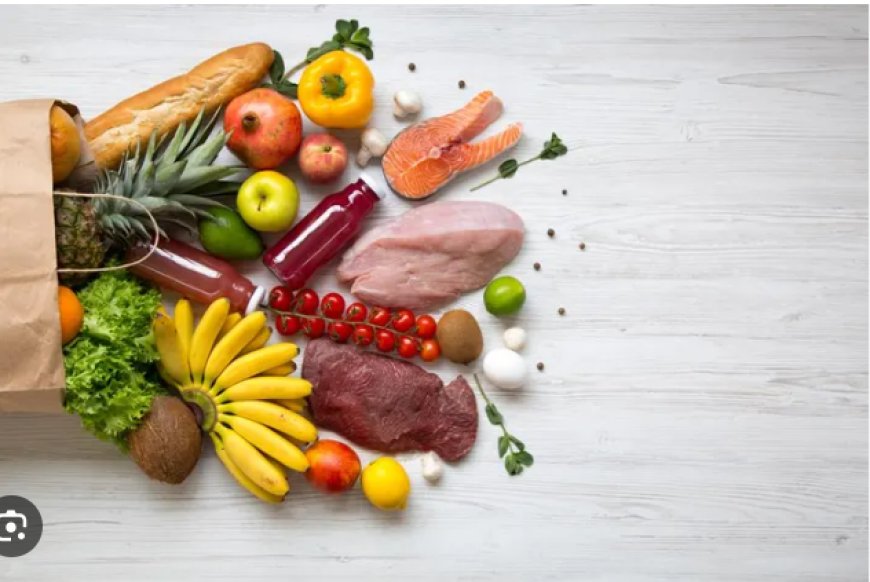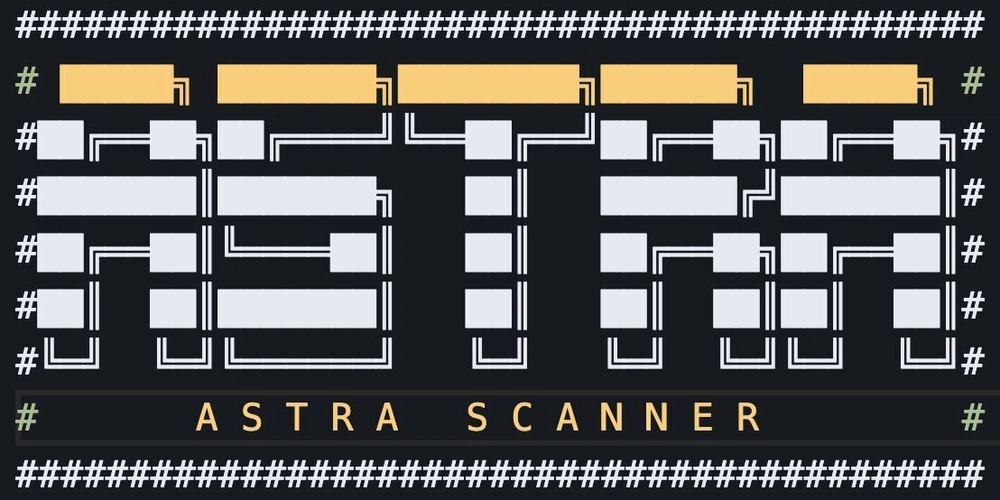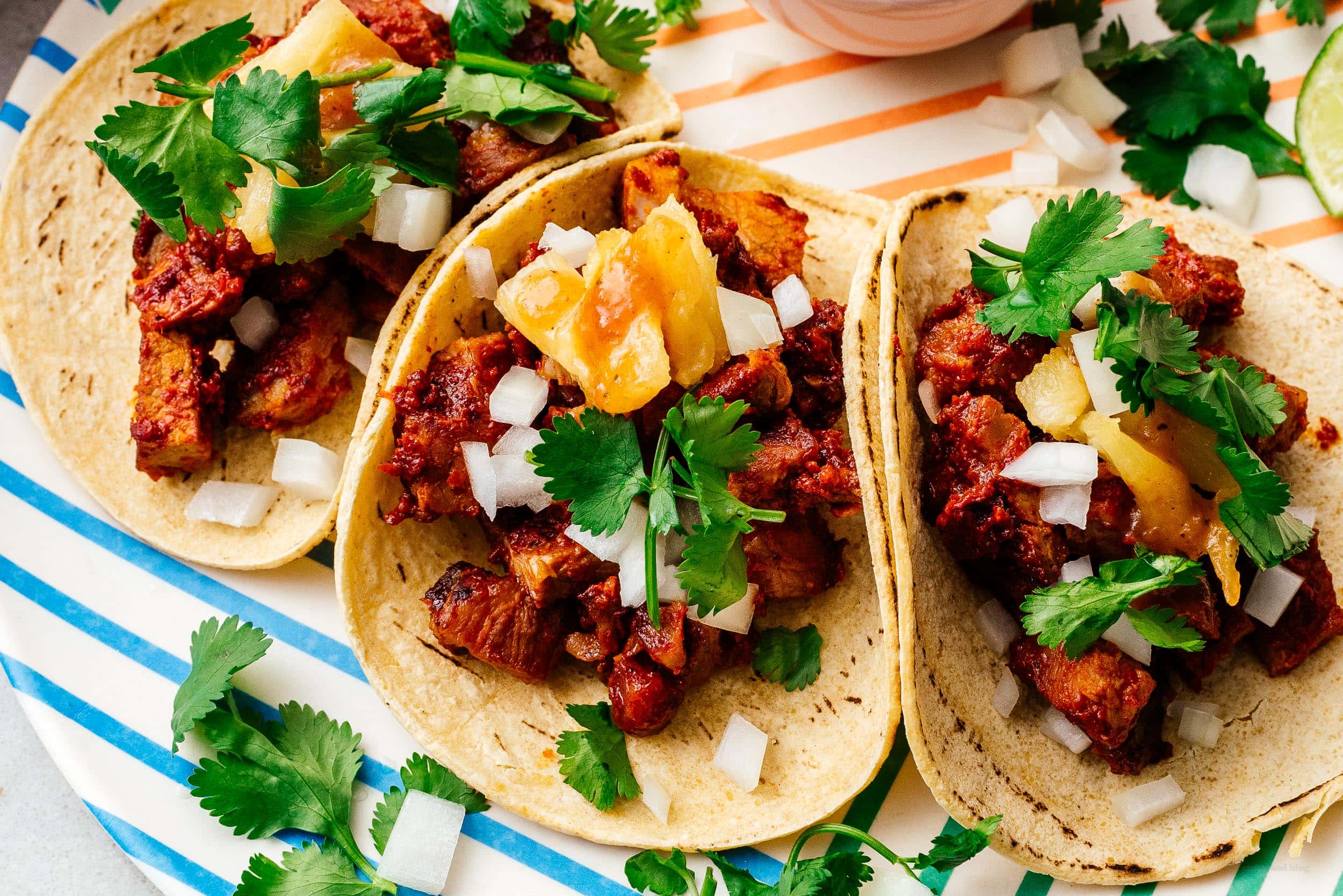Best Food Plans for Weight Loss: Practical Eating for Real Results
The best food plans for weight loss are built around real foods, balanced meals, and habits that can be maintained for life. They aren’t rigid programs but supportive structures that help people eat well, feel full.

Weight loss isn’t about starving or following extreme diets. The key lies in creating a routine that supports your body, energy, and long-term health. The best food plans for weight loss are not overly restrictive, but rather balanced, flexible, and tailored to support both fat loss and overall well-being. This blog breaks down what makes a food plan effective, sustainable, and realistic for those looking to shed weight while still enjoying their meals.
Focus on Whole Foods Over Processed Choices
The foundation of effective weight loss starts with choosing whole foods. These are foods that are as close to their natural form as possible. They are rich in nutrients, fiber, and volume, which help with fullness and satisfaction.
A strong food plan includes:
· Fresh vegetables and fruits
· Lean proteins like chicken, eggs, fish, and legumes
· Whole grains such as brown rice, oats, or quinoa
· Healthy fats, including avocado, olive oil, nuts, and seeds
These foods digest more slowly, stabilize blood sugar, and prevent sudden hunger spikes that can lead to overeating.
Prioritize Protein and Fiber for Satiety
When looking for the best food plans for weight loss, it’s important to choose meals that help you stay full longer. This reduces unnecessary snacking and helps control portion sizes without feeling deprived.
· Protein helps build lean muscle and keeps hunger hormones in check.
· Fiber improves digestion and supports gut health while also slowing down how quickly food leaves the stomach.
Examples of high-protein, high-fiber meals include:
· Grilled salmon with quinoa and steamed broccoli
· Lentil soup with whole-grain toast
· Greek yogurt with berries and chia seeds
Including protein and fiber in every meal makes it easier to control hunger and maintain energy throughout the day.
Portion Control Without Obsessing Over Calories
While calorie intake matters for weight loss, strict counting is not always necessary. A better approach is to become aware of portion sizes and understand your body’s hunger and fullness signals.
Helpful strategies include:
· Using smaller plates and bowls
· Filling half your plate with vegetables
· Eating slowly to give your brain time to register fullness
· Drinking water before meals
The best food plans for weight loss allow for structure without becoming obsessive. This balance helps prevent burnout and makes it easier to stick with the plan for the long run.
Conclusion
The path to a healthier weight doesn’t need to be complicated. The best food plans for weight loss are built around real foods, balanced meals, and habits that can be maintained for life. They aren’t rigid programs but supportive structures that help people eat well, feel full, and make steady progress. When your meals are based on understanding, not restriction, weight loss becomes something you can manage confidently, without giving up the joy of eating.

























































































